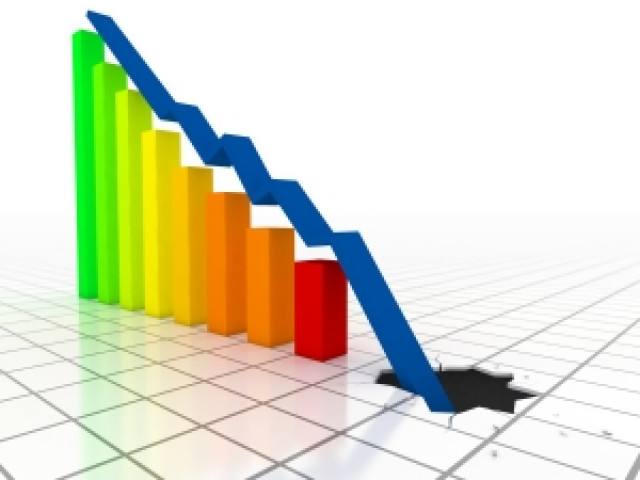Corporate results: Pakchem’s profit binge ends with crash in guar price
Earnings of guar gum maker drop 69% in Jan-Sept period.

In January-September 2013, the company, which specialises in making guar gum, recorded a net profit of Rs76.6 million against Rs246 million it earned in the same period of last year. PHOTO: FILE
Pakistan Gum and Chemicals Limited (Pakchem) on Thursday announced a 68.85% year-on-year decline in profit in nine months ended September 2013 as a phenomenal rise in guar price came to a halt.
In January-September 2013, the company, which specialises in making guar gum, recorded a net profit of Rs76.6 million against Rs246 million it earned in the same period of last year.
Consequently, earnings per share dropped to Rs18.04 from Rs57.93 as the increase in guar price subsided with better output of the crop and little excitement on the part of international buyers.
“Guar price has come down to $3,000 to $3,500 per ton this year from $14,000 per ton we saw in 2012,” said Muhammad Ilyas, a commodity broker. “The crop is expected to be good in both Pakistan and India.”
Guar, a little known plant grown entirely in the Indian subcontinent, emerged as a major cash crop in Pakistan in the last two years with returns sometime surpassing that of cotton, rice and wheat.

Known as cluster bean, the herb has traditionally been used in India and Pakistan as animal feed and natural fertiliser. Guar split powder when mixed with liquid turns into a thickener, which has industrial applications ranging from making ice cream and beverages to textile manufacturing.
But the global surge in demand for guar powder or gum came with its increasing use in oil and shale fracturing. India has an 80% share in the market while the rest of the demand is met from Pakistan.
For Pakistan, it has emerged as an important foreign exchange earner. Guar and guar products export from Pakistan was just $29 million in 2006-07. It shot up to a record high of $152 million in 2011-12 before coming down to $139 million in 2012-13.
In July-August 2013, exports were $20 million, down from $34 million in the same period of previous year.
Guar price has come down to Rs70 to Rs90 per kg now from a high of Rs300 per kg recorded in 2012.
Pakchem gained from a rise in guar demand. In 2009, its EPS was just Rs1.26. It posted a loss of Rs11.73 in the following year. In 2011, its EPS rose to Rs30.11 and finally to Rs57.42 in 2012.
In the six months to June 2013, it posted earnings per share of Rs15.88, down 71% from Rs55.93 in the same period of previous year. The third (July-September 2013) quarter saw slight improvement in the EPS to Rs2.16 from last year’s Rs2.
Growers expect harvest of over 250,000 tons in 2013, highest in 18 years, after more land came under cultivation following a spectacular rise in price in the last two years.
Pakistan has 11 companies making guar split with Pak Gum Industries being the largest producer. Pak Gum and Chemicals Limited is also the only one listed on the stock exchange.
Shale drilling has revolutionised the search for petroleum reserves as more oil and gas are pumped out from previously hard-to-reach subsurface regions.
Exploration companies use fracturing to crack open underground pockets where hydrocarbons are trapped. For that, they need to pump liquids down the wells at high pressure. High viscose guar gum is the perfect agent for that purpose.
Published in The Express Tribune, October 25th, 2013.
Like Business on Facebook, follow @TribuneBiz on Twitter to stay informed and join in the conversation.



















COMMENTS
Comments are moderated and generally will be posted if they are on-topic and not abusive.
For more information, please see our Comments FAQ